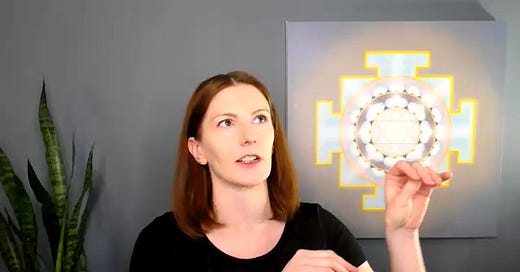If I’m introducing myself to you, at some point, I’ll probably mention that I trained as a developmental psychologist. But I’ve found that many people don’t really know what that means—or they think they do, but they’re thinking of a different kind of psychology.
So, let’s talk about it.
What Is Developmental Psychology?
At its core, developmental psychology is the study of how people grow, change, and evolve over time. It looks at everything from childhood milestones to the ongoing development that happens throughout adulthood.
I spent my early 20s in a PhD program focused on human development and family sciences, specializing in child and adolescent development. That meant studying:
✅ How we learn and grow
✅ What’s considered “typical” vs. “atypical” development
✅ How social and cultural factors shape our growth
✅ Ways to reduce stigma around disabilities, neurodiversity, and differences
Some people come to developmental psychology with a specific agenda—to reinforce beliefs about traditional family structures, for example. I don’t have that attachment to a nuclear family structure being optimal, but it’s important to recognize how personal perspectives shape what we study. Developmental psychologists are scientists, and we still show up with personal biases.
Developmental Psychology in Real Life
My understanding of development deepened not just through textbooks but through lived experience. Teaching students about human growth was one thing—showing up for five teenagers in my life at various time points was another. Theories and research are valuable, but they don’t fully prepare you for the daily realities of growth, change, and the messiness of human development.
My work today continues to focus on how adults grow, evolve, and transform. There’s so much more possible in adulthood than most of us were taught. That’s why I now help others navigate their own development—whether that’s in coaching, career shifts, or personal transformation.
Lifelong Growth and Change
Many people assume that growth stops at a certain point. But development isn’t just for kids—it’s a lifelong process. I’ve been creating YouTube videos for over 5 years now, and you can literally watch my own evolution in real-time. The way I talk about myself, my work, and my clients has changed as I continue to grow. And it will keep doing so!
This is the heart of developmental psychology: understanding that we are always evolving, no matter our age.
So, let’s continue the conversation—what questions do you have about growth, development, or change?
Hit reply or drop a comment.
I’d love to hear your thoughts.












Share this post